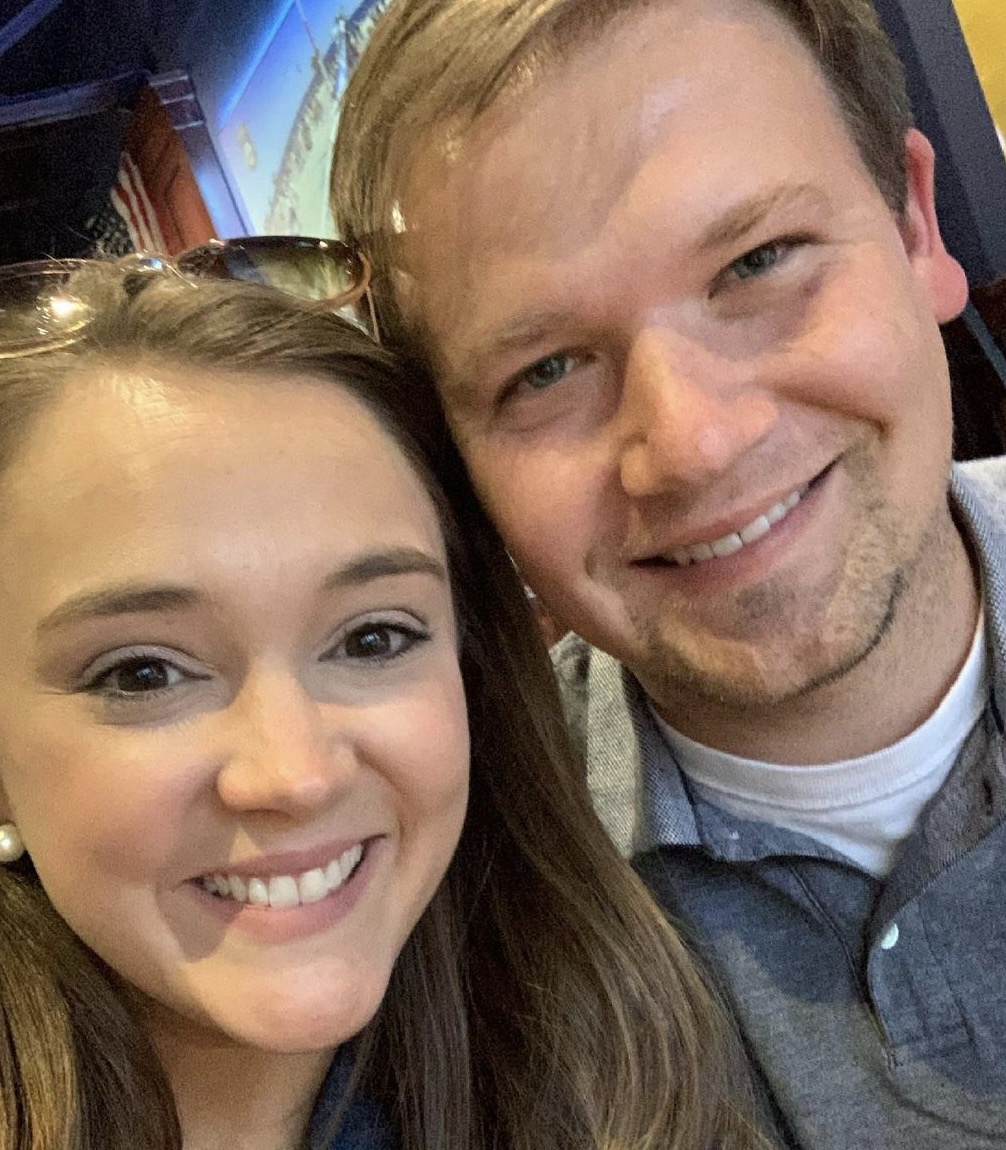Aboard the USS Cincinnati
- Derrick Lindow

- Nov 6, 2023
- 4 min read
Updated: Nov 7, 2023
In February 1862, a writer using the pen name "BIOTOS" teased readers with two letters to the Louisville Journal, and then suddenly halted his correspondence with the newspaper. He revealed insights into the Union's operations in Cairo, Illinois, especially with the river fleet--with surprising accuracy. His second letter, which is not in this post, celebrates the fall of Forts Henry and Donelson and provides some important details such as the number of prisoners and General John B. Floyd's escape. In this particular letter, those interested in the early months of the war in the West will find some golden nuggets. A future project of mine, what will probably be a large book followed by more years of work, will be all about the movements and actions during those fateful months along these western rivers. Whoever wrote behind the name BIOTOS, I only wish that he had written more!
The following piece can be found on page two of the February 3, 1862 edition of the Louisville Journal.
[From our Gunboat Correspondent.]
Gunboat Cincinnati, Off Cairo,
January 29, 1862.
With a hope that I may not be ranked with that class of newspaper scribblers called the "Bohemian Brigade," who now infest Cairo, and "every other place," inflicting on an already afflicted community the torture of reading all the stereotyped "sensation" despatches they choose to send, I will undertake the--to me--pleasant task of penning, or rather penciling, the events and occurrences which transpire under my immediate ken, hoping they may prove interesting to your readers and yourselves.
At present there is a lack of material on which to build a truthful newspaper letter, and were I to attempt an imitation of the "correspondents" here I should consider myself "booked" for that part of the Pandemoniacal regions from which TOM PEPPER was kicked for his great powers of invention, or, in plain words, lying.
I could say that General Grant was planning some great expedition; that he had in confidence told me of this plans; that the great gunboat expedition was just on the eve of starting down to crush "secessia," and all that detained them was as Commodore Foote had informed in in the strictest confidence that the cook as waiting for a coffee-pot and a new-fashioned poker, which could be converted at will into a breech-loading rifle or a boarding pike, or a 12-pound rifled howitzer. But I don't like to lie, and so I will only say that the gunboats are ready for a start any time, that they will start very shortly, and that it is none of my business where they are going.

Our gunboat is the crack of the fleet, and although I must confess to a little retiring disposition when sixty-four and seventy-two pound shots are flying about, yet I feel perfectly secure on "our turtle," which is named the "Cincinnati," is commanded by Captain R. N. Stemble, a veteran of many years' service, and a participant in some three or four naval battles on the river. His assistant officers are all men selected for their abilities and naval experience and truth compels me to say I think they are gentlemen. The surgeon, Dr. J. S. Kinsey, is the same young physician who a few years ago became so celebrated in Coshocton County, Ohio, for his unparalleled success in typhoid cases.
Life on a gunboat is almost similar to that of a man-of-war. The regular calls to duty, the watches, roll-calls, musters, etc, are exact counterparts of a saltwater life, and when the time for action comes there will no doubt be another similarity, for the deep-mouthed thunder of our 32, 54, 72, and 84-pounders will be the same as that belched forth on a man-of-war; but the danger of being killed on a gunboat is only as one in a hundred compared to a man-of-war.
Yesterday several regiments were shipped away to some point above on the Ohio, and I think that we will start in a few days for the Tennessee or Cumberland rivers. Columbus may rest in peace until our mortar fleet is read; then we will give her a little brush.
There are strange rumors in the breeze at present in regard to the conduct of an officer, high in position here, being about to be investigated. The charges preferred against him are that he became drunk drinking with rebels, while bearing a flag of truce to them, on two different occasions. Two or three charges of drunkenness and conduct unbecoming a commander, in addition to the first, are also preferred against him. A court-martial is demanded, and my humble opinion is that the gentlemen is in rather a "bad fix," if the charges are found true.
We have had delightful weather for the past week, with mild, balmy, southern breezes, but while I write, a heavy, disagreeable snow storm is flying around us, making our decks slushy and unpleasantly slippery.
I have no doubt but I can make my next letter interesting, as I fully believe that we have work on hand. Until then, believe me,
BIOTOS
Derrick Lindow is an author, historian, teacher, and creator of the WTCW site. His first book, published by Savas Beatie, will be released soon. Go HERE to read more posts by Derrick and HERE to visit his personal page. Follow Derrick on different social media platforms (Instagram and Twitter) to get more Western Theater and Kentucky Civil War Content.









Comments